With a title like “Nope Explained,” you can expect this article to be chock full of spoilers. If you haven’t yet seen the movie, leave and come back when you have. If you haven’t yet seen the movie, why the heck did you click through to this page anyway? There are so many spoilers ahead. You have been warned.
You can read our spoiler free review of Nope here.
Jordan Peele’s Nope is, without a doubt, his most clever and complex work to date. It may be cunningly disguised as a summer monster movie, but it is also layered with so much metaphor, symbolism, and allusion that it will leave you with more questions and theories than you can shake a stick at. In a good way. Nope isn’t complicated like Tenet or difficult like Tree of Life. It isn’t arty or inaccessible.
By the time you’re done with these 135 minutes, you would have encountered a series of fascinating characters, a bloodthirsty show business chimp, multicolored inflatable skydancers, and a strange flying saucer that seems descended from Invaders from Mars and The Day the Earth Stood Still. The A-plot of the movie, which pretty much involves a group of disparate people who come together in order to kill a monster, resolves itself rather neatly. So much so that you won’t leave this movie going, “What the hell just happened?” You will, however, be curious as to everything else that this movie is.
We attended an early preview screening of Nope and found ourselves staring in stunned silence as the credits rolled. We were in awe at Jordan Peele’s ambition. Much like Get Out and Us, this movie too left us somewhat anxious and a little uneasy. We weren’t confused, but our minds were working overtime in trying to figure out what this movie is.
That was the big question we had.
What is Nope?
Once again. There be plenty of spoilers after this point.
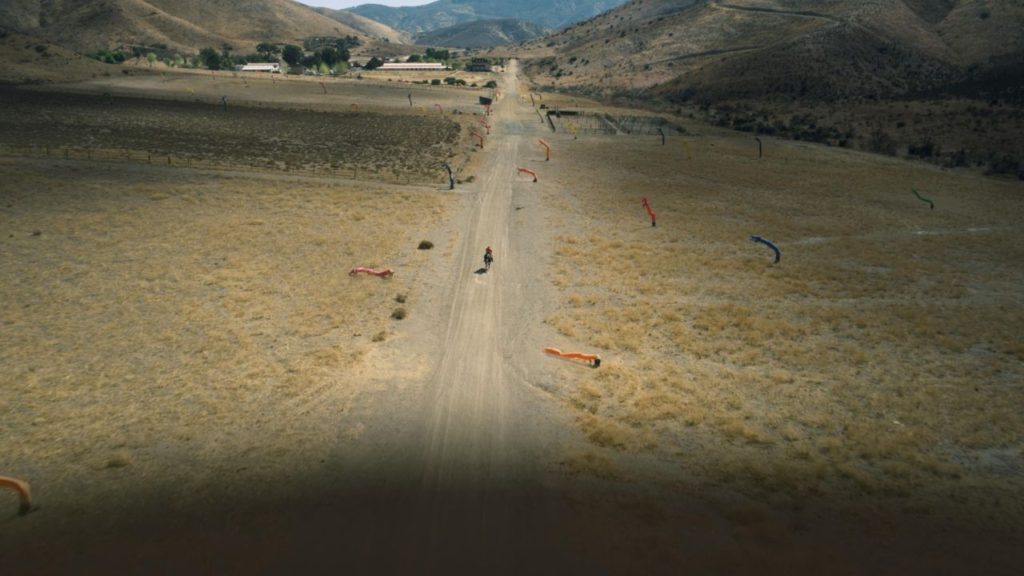
Nope Is… Just Another Monster Movie
You could just not overthink it. Because Nope is, fundamentally, a monster movie. The quintessential American summer movie, complete with a Spielbergian holy terror that OJ and his motley crew are trying to kill. (See: Alien, Tremors, The Thing, Jaws, etc.)
You can walk out of this movie and be completely satisfied in having watched a tense and suspenseful thriller. The monster in this movie isn’t a metaphor for capitalism, or global warming, or racism, or grief, or political and social change. It’s just an alien creature that is alive, and territorial, and wants to eat them.
There may be plenty of themes to dissect in this movie, but Nope is also just a big, beautiful, spectacle that is visceral and a little scary, that is thrilling and a lot of fun.
Nope Is… a Western
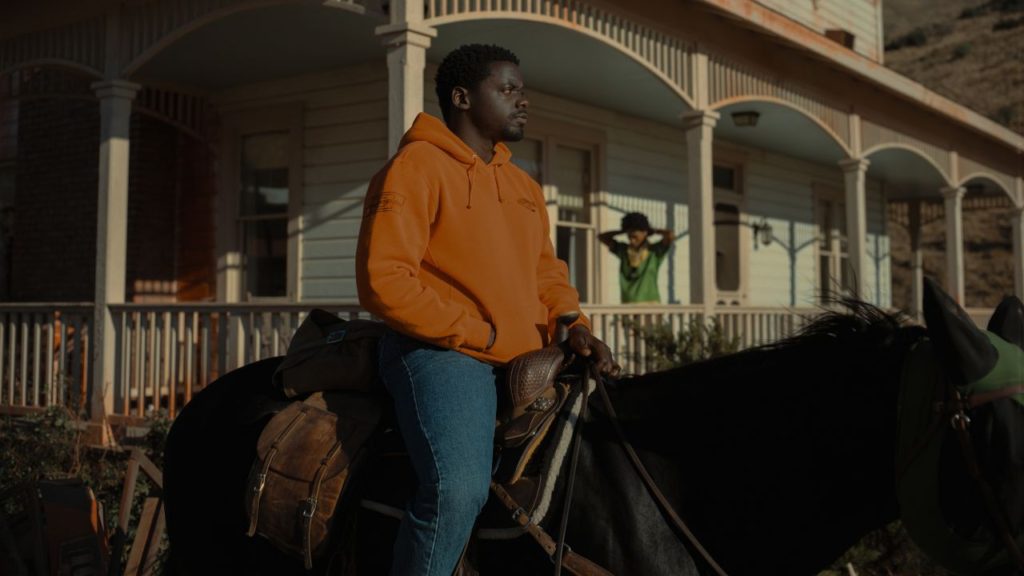
Jordan Peele loves to layer his movies with history and popular culture. He is a fan of genre. He uses it, abuses it, and breaks it. And Nope is no different. This is a UFO movie, that’s set on a Black owned Hollywood horse ranch, that just happens to be neighbors with a California Gold Rush theme park that’s run by an Asian American.
Alien spaceships in these sorts of movies are usually sucking up cows on farms, and having them suck up horses instead is a clever subversion of an old trope. Both locations, Haywood Hollywood Horses and Jupiter’s Claim, is also a reference to the Hollywood lie of what the Wild West was all about. (You wouldn’t know it from reading books and watching movies, but back in the 19th century, an estimated one in four cowboys were Black.)
What is Nope if not a movie that is centered around a modern Black cowboy and his sister? He may wear a hoodie instead of a hat and carry a camera instead of a six-shooter, but his ultimate goal, much like the cowboys before him, is still about claiming his rightful place in history.
Nope Is… a Movie About Black Erasure
Did you know that the very first assembly of photographs to create a motion picture was a two-second clip of a Black man on a horse?
Emerald Haywood
At the beginning of the movie, Emerald is trying to explain to a sound stage full of jaded Hollywooders that her and OJ’s great-great (great) grandfather was, in fact, the very first movie star.
“The Horse in Motion,” a series of sequential images captured and set in motion by the English photographer Eadweard Muybridge is widely considered to be a foundational moment in the development of movies. While Muybridge’s name has been committed to history, the identity of the man riding the horse is lost to history. It is known that many jockeys during the late 1800s were Black, and Jordan Peele uses this fact to build out his story about the fictional family narrative in his movie. The Haywoods aren’t a real family. But what they are is symbolic of all the Black pioneers that have been lost to history.
Hollywood may be thriving, but the Haywoods are not. They lost out when The Scorpion King decided to replace their horses with camels. They’ve been pushed aside once more since the death of their father. All of this contributes to their obsession with capturing the alien on tape as a way to reclaim all that was taken from them. They’re looking for that “Oprah Shot” that will cement their place in Hollywood and history.
Nope Is… a Rebuke of Our Obsession With Virality
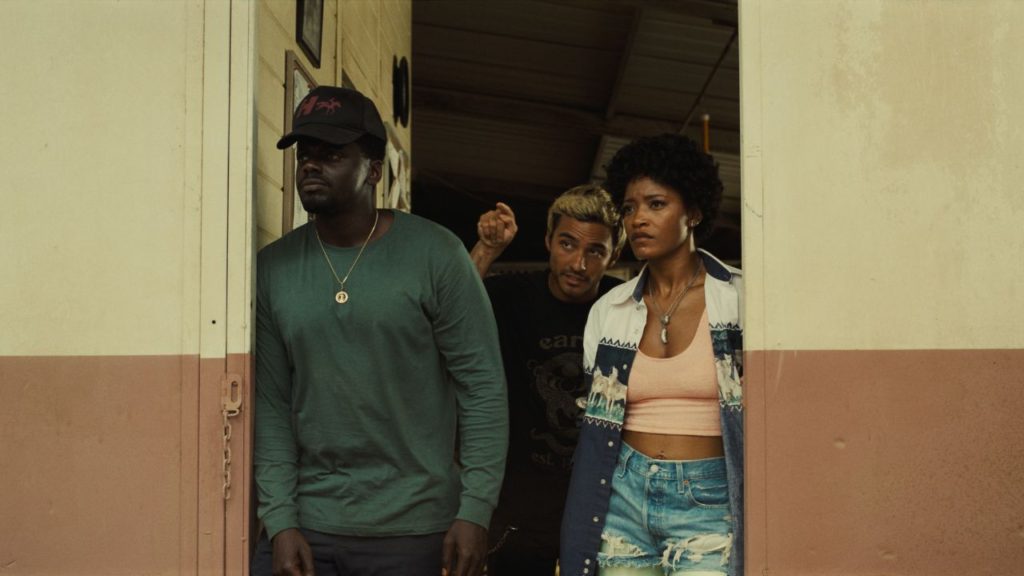
OJ and Emerlald’s plan to capture the UFO on camera also hints at our obsession with monetizing viral moments. They want to be the first to get the creature on film. They want to own it.
Peele is incredibly cunning in how he addresses this. On the one hand, OJ and Emerald are using society’s current preoccupation as a way to fight back against Black erasure. Which is in stark contrast to the click-hungry TMZ “journalist” who shows up later in the movie. That guy is clearly only in it for fame and glory. No matter the cost. (As highlighted by the fact that the first thing he asks OJ while lying broken on the ground is whether he’s going to take a picture.)
There are two sides to how we use the Internet and Peele rewards one and punishes the other. Our noble heroes win the end, successfully capturing a perfect image of the alien creature (while also nodding towards Eadweard Muybridge by using an analog carnival camera). The TMZ journalist, on the other hand, dies a horrible death. If that isn’t a potent message for all you kids, we don’t know what is.
Nope Is… a Commentary on Our Fixation With Fame
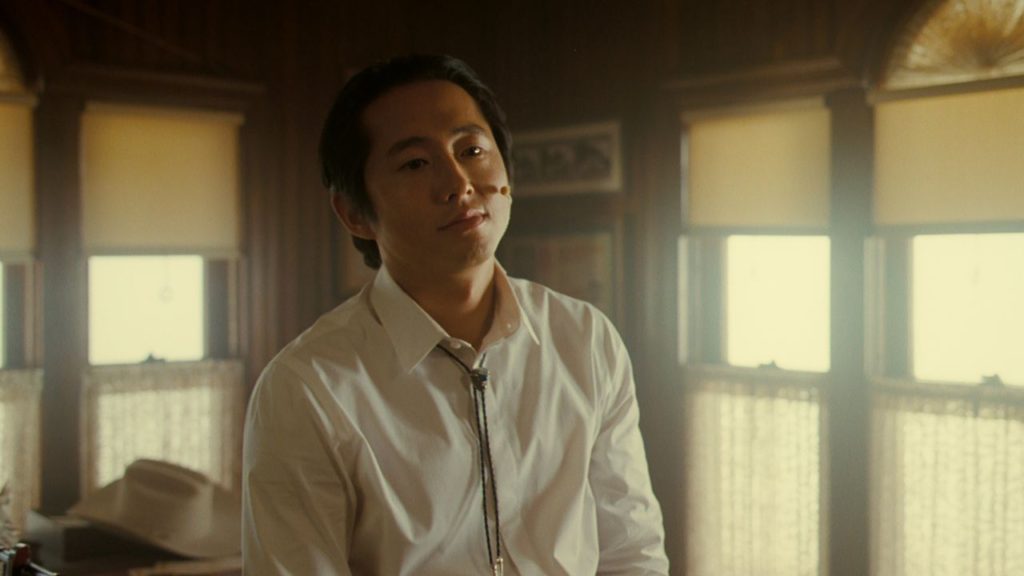
The characters in Nope aren’t concerned with survival. The alien in this movie isn’t hunting them like the Predator. They aren’t really concerned with finding out “the truth” either. This isn’t a Fox Mulder situation where Daniel Kaluuya and Keke Palmer are trying to solve a mystery. This isn’t a movie about revenge (R.I.P. Ghost). This is about Oprah. This is about beating out TMZ. This is about fame and fortune. Sure the fortune is to ensure the survival of their business, and the fame is about taking back what is rightfully theirs, but it is a powerful motivating factor and drives their quest in trying to get that perfect “Oprah Shot.”
Even for Steven Yuen’s Jupe, what should have been a horrific, scarring, and traumatic childhood experience, ends up being twisted by him. He milks it for all the fame and money it’s worth. Jupe looks back at that day on Gordy’s Home almost as a fond memory. He’s built a shrine to it, cashing in on the Internet’s hunger for tragedy and infamy. When asked about what happened, he keeps the memory at arm’s length, and tells the story of an SNL skit that was based on the event rather than talking about it directly. He talks about how Chris Kattan is “killing it” in the skit, referring to Gordy’s actual killings which he witnessed as a child.
Nope Is… a Meditation on Surveillance Culture

We are being surveilled by an alien species I call the Viewers.
Ricky “Jupe” Park
The idea of surveillance runs through every aspect of Nope. The all powerful and merciless alien in the sky that appears to be watching their every move from inside that cloud is very much a metaphor for the policing of the Black community in America. Don’t look up. Don’t make eye contact. Or you might end up dead. All of these tropes are used to highlight how Black people have been dehumanized through a system of power and control.
But then Peele makes OJ and Emerald fight back. They install cameras on their ranch, effectively turning the tables on the threat in the sky by becoming watchers themselves. They are asserting their power. And by setting out to capture an image of their predator – as if often done with cellphone footage of police brutality – they are taking control of the narrative and ensuring that their story will be believed.
Nope Is… a Movie About the Power of Movies

Yes, there is a giant alien in the sky that is hellbent on devouring everything in its path. And yet, everyone in this movie spends an inordinate amount of time (and money) trying to figure out how to capture it on film. Jordan Peele has said in interviews that he wrote Nope as a response to when everyone was “a little bit worried about the future of cinema.” So it makes sense that the movie wouldn’t just pay homage to its cinematic lineage but also pay tribute to it.
Movies have power. Not just to entertain us but also to shape our view of the world. All the characters in Nope are well aware of this and it feeds their desire to exploit the medium. They know that the only way to prove that a UFO exists is to capture it on film. Take a photo. Make a video. Or it didn’t happen. What’s more, Jordan Peele doubles down on this notion by having the “shootout” during the climax of his Western use video cameras instead of guns.
But what is Jordan Peele trying to say here? Is it that guns are never the answer? Is it that Hollywood’s ability to harness cinematic heroes is the last and best hope for humanity? Is he putting too much faith in filmmakers? Or is he satirizing how self-important all of it has become?
Nope Is… Close Encounters of the Third Kind
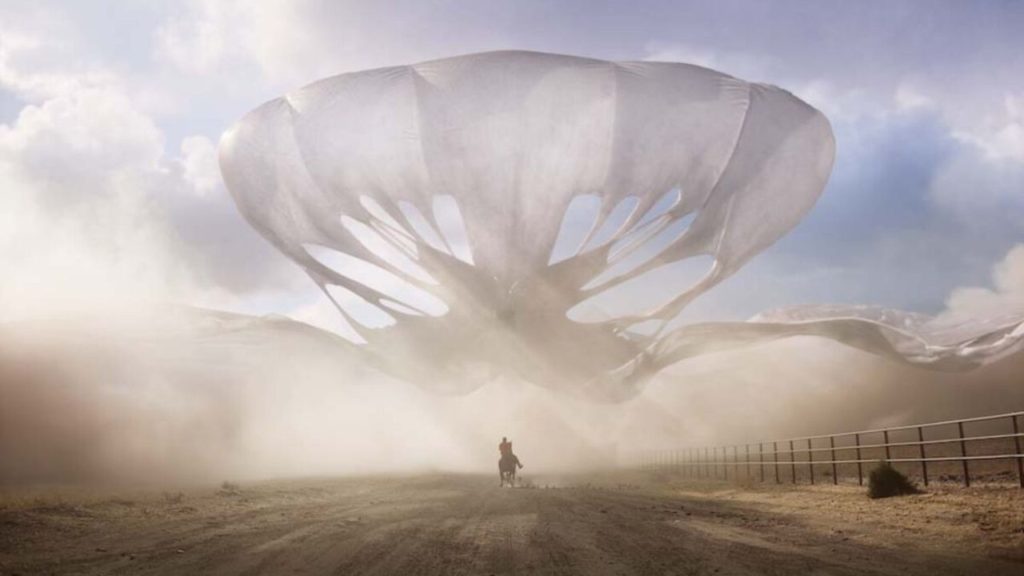
Nope owes a lot to three cinematic tentpoles. The first being Close Encounters of the Third Kind. Nope too deals with the idea of mankind’s first encounter with aliens from another world, and much Steven Spielberg’s masterpiece, the true appearance of the creature itself is kept hidden from the audience until the very end. Close Encounters too centers around a man with an obsession that he cannot adequately explain. And also like that movie, Nope is less concerned with actual aliens than it is with the way we as human beings react to it. (Which is also why we haven’t referred to either movie as being science fiction.)
Jordan Peele acknowledges his homage with a cute little callback to Close Encounters. In that movie, Richard Dreyfuss’ Roy is in his truck when a curious spacecraft hovers above him. He leans out to see what is happening, gets scalded, and is left shuddering in shock. The same thing happens to OJ. Only here, he opens the door, glances upward, and then proceeds to shut the door, simply uttering a single word: “Nope!”
Nope Is… Jurassic Park

Which is also to say that Nope is a movie about the dangers of unfettered capitalism. Both theme park owner Jupe and cinematographer Antlers are happy to create deathly spectacles in order to entertain the masses. But if movies like Jurassic Park have taught us anything, it is that the desire for believability and to create terrifying and titillating spectacles for the masses, can only end in disaster. (Also see: King Kong.)
Jurassic Park is the second cinematic tentpole that Jordan Peele pays tribute to. He blurs the line between craftsmanship and commerce, between art and capitalism, leading both of them to some pretty violent ends.
Nope Is… A Denunciation of Our Exploitation of Wild Animals for Entertainment
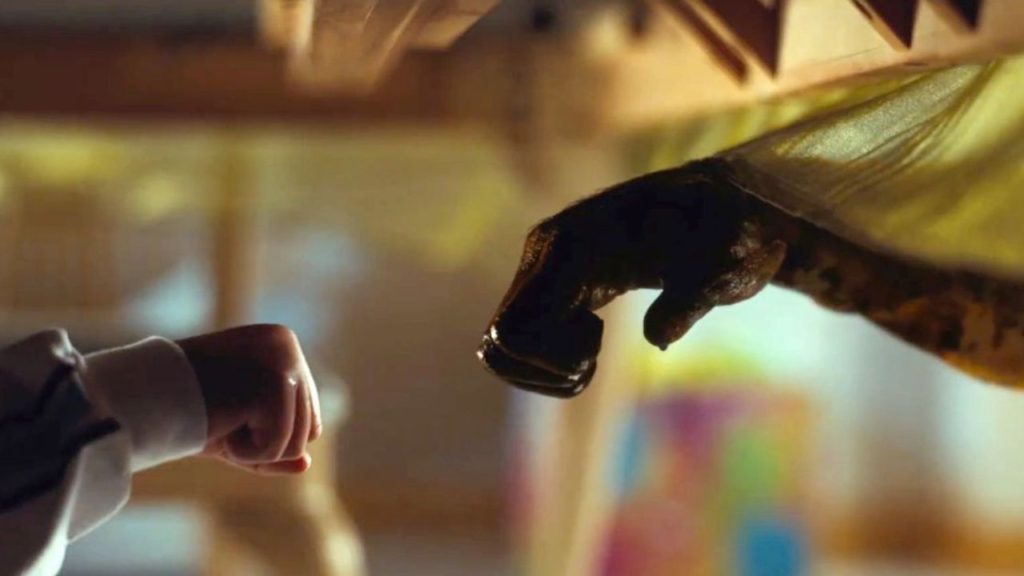
Which brings us rather nicely to another one of the movies biggest themes. Whether it’s Gordy the chimp, or Lucky the horse, Jordan Peele drives home the message that wild animals cannot be tamed and should be treated with respect. We have no idea how they will react at any given time. We’ve seen numerous examples – both in film and in real life – of even seemingly tame animals get triggered and go berserk.
We see this trope play out across the movie. At the beginning of the film, we see Lucky get spooked by his own reflection and kick backwards toward another set worker. Later in the movie the characters make reference to an incident in 2003 when a Mantacore tiger viciously attacked Roy Horn of Siegfried and Roy.
The biggest example of this is of course the tragedy that took place on the set of Gordy’s Home in which a trained chimp named Gordy unexpectedly snaps and violently mauls several of his human co-stars. This too was seemingly lifted from the real life story of Travis the Chimpanzee.
Back in 1995, a chimpanzee was taken from his mother and sold to a Connecticut couple. Sandra and Jerome Herold named him Travis and raised him as they would a child. Travis would wear clothes, drink wine, eat at the dinner table, and even sleep in their bed. But then in 2009, after 14 years of domesticity, Travis was supposedly triggered by a red Elmo doll and viciously attacked one of the Herold’s friends. The victim, Charla Nash, was left blinded and severely injured. Police responding to the scene shot the animal. Later than year, Charla would appear on Oprah wearing a veiled hat where she argued that wild and potentially dangerous animals should be treated accordingly.
Nope Is… Jaws
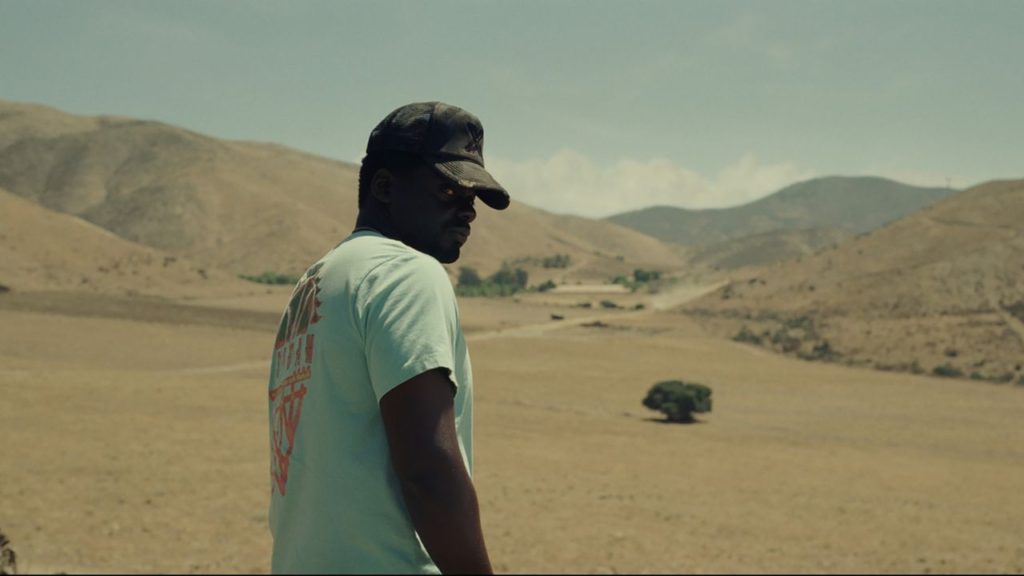
The third and final cinematic tentpole that Nope celebrates is Steven Spielberg’s Jaws. The cinematic beats are almost identical. From the opening “attack” on OJ’s father, to the fake out at the stables, to the hiring of their very own Quint in Antlers, to the markers they use to lure in the monster, to Emerald’s final “shot” against the alien, Jordan Peele liberally borrows from Steven Spielberg’s creature feature in order to frame his own.
Nope isn’t a movie about a UFO in the same way Jaws isn’t a movie about a shark.
Nope Is… All of These Things and More
Here’s the thing. Nope is one of those movies that can mean exactly what you think it does, or anything you want it to. It is the kind of movie that is open to interpretation, demands dissection, and forces conversation.

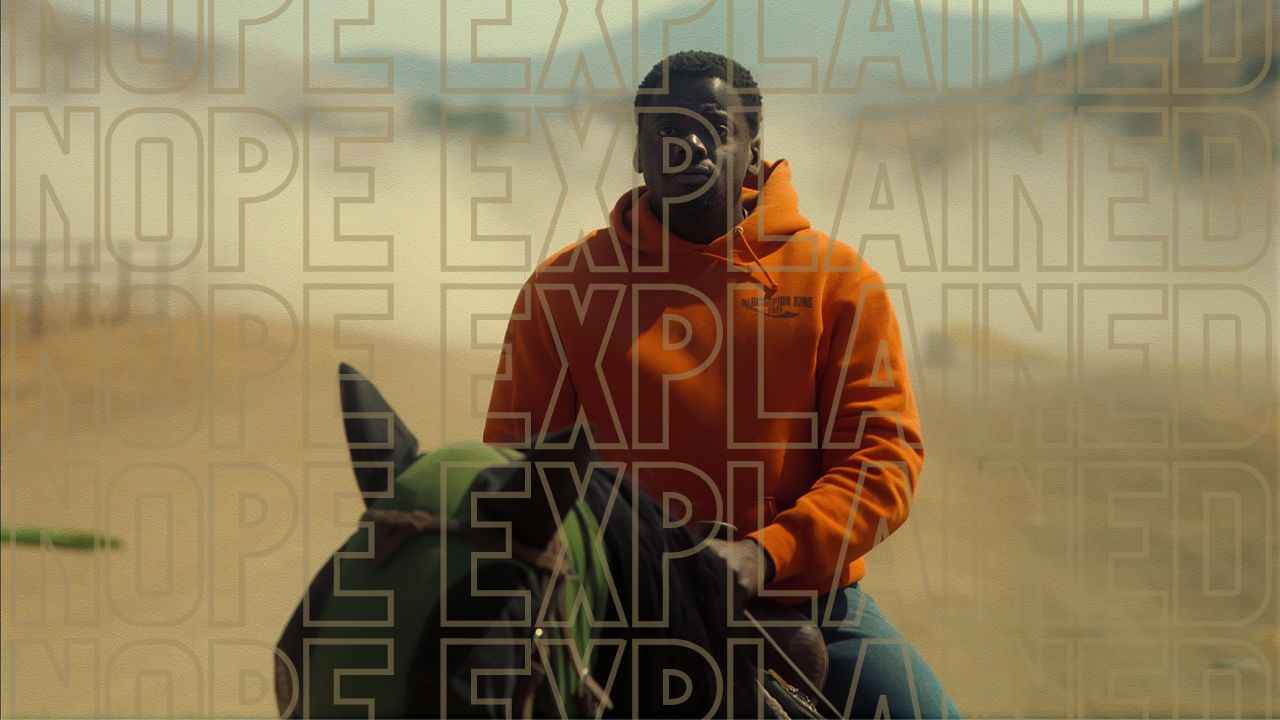


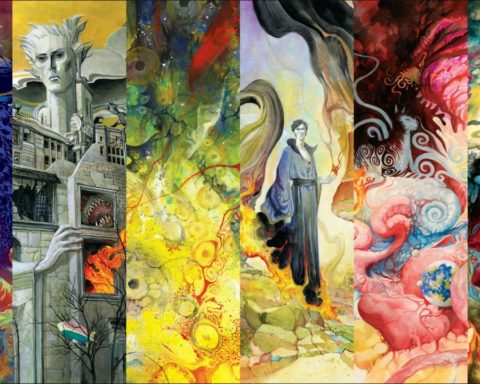
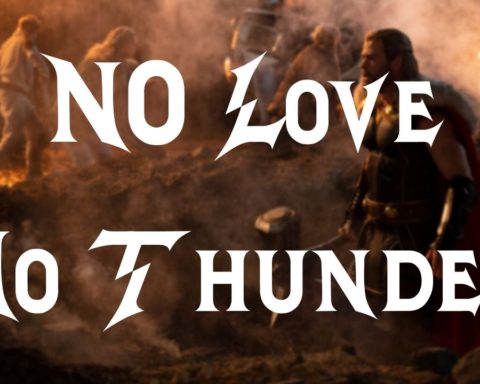
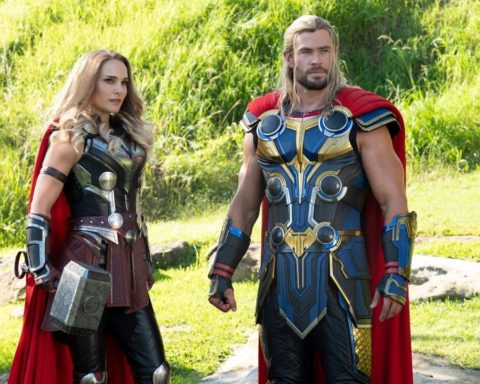
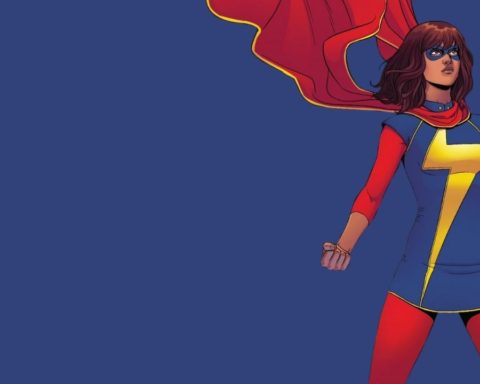
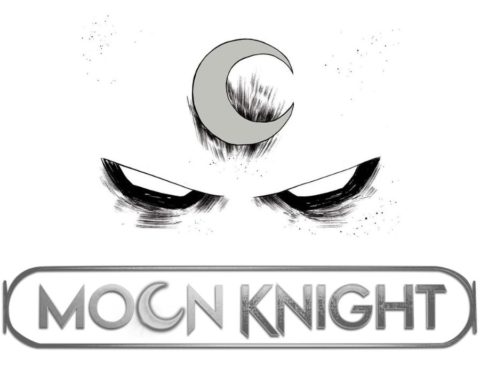
Follow Us